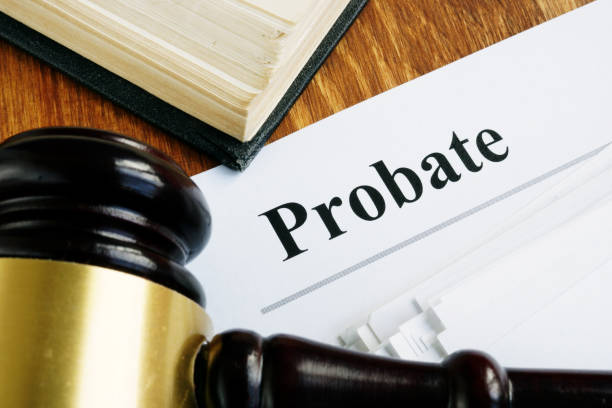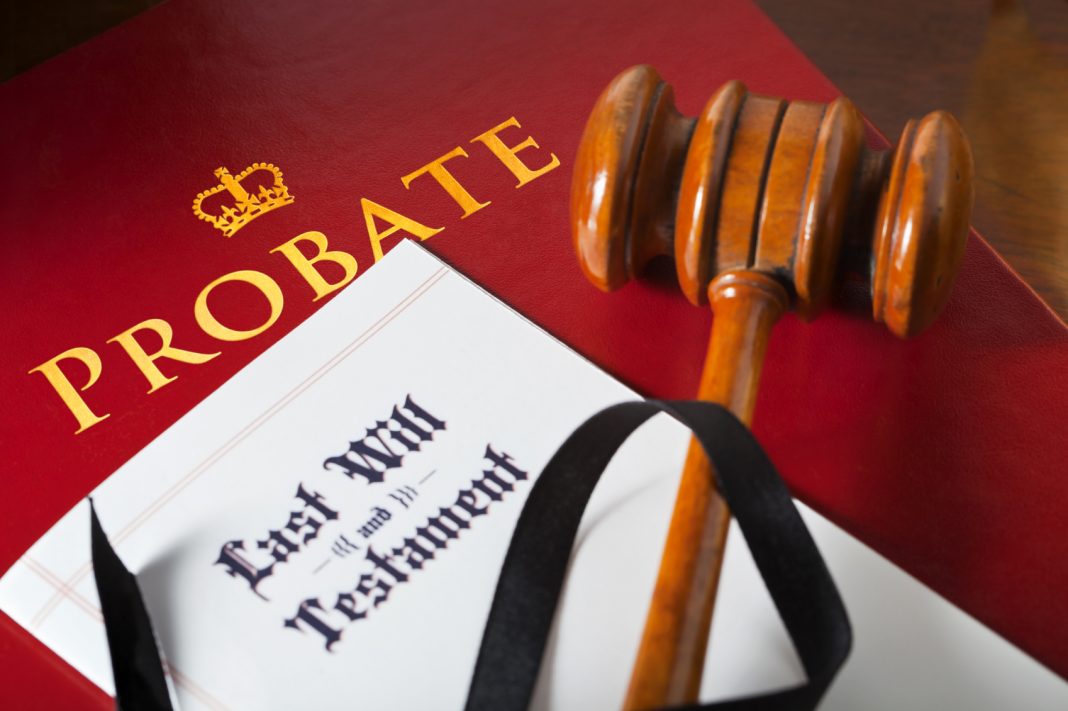Often the process of probate is seen otherwise as it involves one’s personal life being publicly known even if they don’t want to disclose it, but it’s an aspect that which anyone has to go through. While for some people, for them it may be easy for them to get through it and for others this may get quite complex.
When we talk about Florida law, it requires people or estates to get an attorney’s representation when they have to go through probate. It is essential to hire a probate attorney in Orlando who is experienced in handling probate matters.
Probate is something that anyone in life will once have to face and which cannot be avoided, so in this article, we will see everything about probate that one needs to know about, to get a better understanding of it.
What is Probate?

Probate is the legal process that ensures that a deceased person’s assets are properly identified, that his or her estate is properly administered, that the liabilities and taxes of the estate are settled, and that any remaining assets of the estate are distributed to the heirs or beneficiaries in a fair, lawful, and orderly manner.
Here courts will appoint an administrator, who will be responsible for administering the estate. The process involves identifying and collecting assets of a deceased person, paying his or her debts, and transferring assets to his or her beneficiaries.
Probate is always handled by a judge in a state court. While the procedure of probate is generally similar in most jurisdictions but oftentimes each state has different rules and regulations that regulate the proceedings of the law.
In general, the probate process falls under the jurisdiction of the state in which the decedent lived, which may or may not have adopted the Uniform Probate Code (UPC), which was written by legal experts in 1969 and extensively updated since then.
A person anticipating or participating in a probate proceeding should carefully identify the probate laws in the state and county in which the decedent last lived, or, in some cases, where any real estate owned by the decedent is located.
Types of probate
As per UPC, there are three types of probate which are as follows:
1. Informal
This is a clear process where the deceased person’s heirs are not competing in a will nor there are any troubles or issues created from the end of the creditors. Everything here is using legal paperwork and the heirs or anyone related to the deceased person need not get involved in any court hearing. Estates with simple and uncomplicated probates use informal probate.
Here the person that is associated with the decedent begins the process. The person associated can be either their spouse, family member, or a friend who will initiate the process by being the representative and admit the descendant’s death certificate and will. A person who represents the estate is officially given authority by “letters of testamentary” to act on behalf of the estate once the probate court has approved the application and determined that the will is valid.
Later on, the proceedings of the pending work can be taken forward by a representative. To assist in managing the estate, settling claims, or otherwise giving advice on how to invest and/or protect estate assets, the personal representative may retain an attorney, accountant, appraiser, or other professional.
Before paying any other claims, the costs of these services will be deducted from the decedent’s probate assets. Personal representatives may also deduct a reasonable fee from the estate’s assets as compensation for serving in the function, especially if they are unlikely to inherit from the estate.
A personal representative can close an estate by filing a final accounting to the court after meeting all of the procedures outlined above, including ensuring that all debts and taxes have been paid and that the decedent’s property has been equitably divided to heirs or beneficiaries.
2. Unsupervised formal
UPC states follow a similar standard to informal probate, except that a traditional court proceeding is also required in addition to the necessary paperwork. Whenever there is disagreement over the choice of a personal representative, or if a valid will is absent and heirs are to be determined by state law, or if minor children are the intended beneficiaries of the estate, it is forwarded to the probate court for assessment.
3. Supervised formal
The monitored formal probate procedure is used only when the court determines that it is essential to supervise the full probate proceedings. This happens when
- When there is a large amount of debt left by the deceased and many creditors are appealing to the court for payment or
- When a vulnerable beneficiary needs protection from other heirs challenging the will’s terms or,
- When there is more than one will and the court needs to decide which should be considered by the court or,
- When an estate is so large and complex that it can take years to settle with attorneys representing a myriad of interests.
So here we covered some of the important aspects regarding Orlando probate law. While this may not entirely cover everything about the process, it normally will give you a rough idea about the aspect so that the next time you deal with it, you can refer to this and for more detailed understanding regarding the probate process, it is always advised to visit aprobate attorney in Orlandowho will guide you properly regarding the probate law related legal technicalities.
